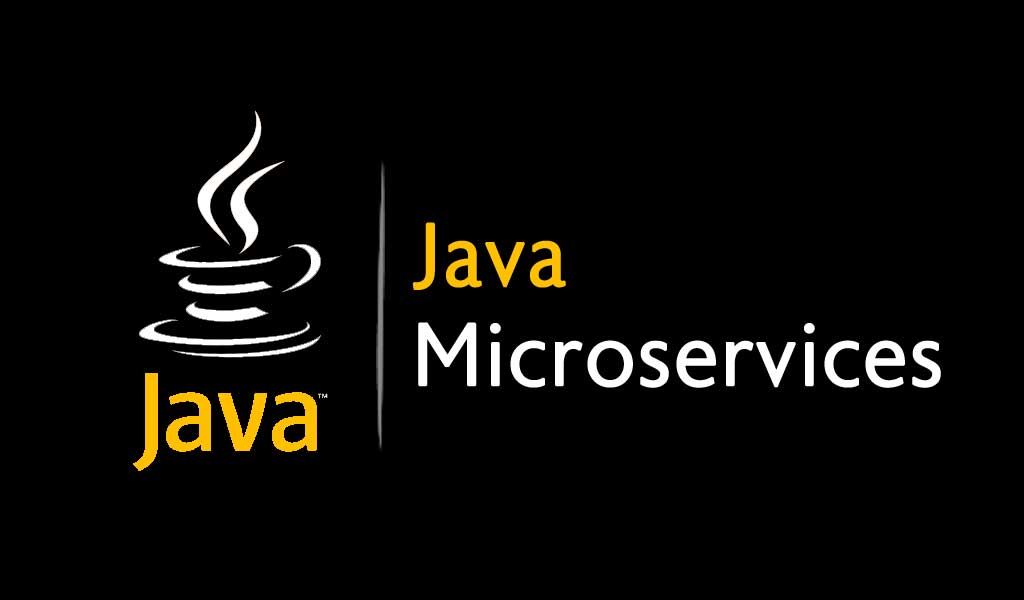
Java Microservices Training
Learn Java Microservices: Build Scalable and Resilient Applications
In today’s fast-paced world, software applications need to be scalable, flexible, and easy to maintain. Microservices architecture is the answer, and Java is one of the most popular languages for implementing this modern approach. Our Java Microservices Training course is designed to equip you with the skills and knowledge to develop, deploy, and manage microservices-based applications using Java and popular frameworks like Spring Boot.
Empower your Java skills with microservices architecture — the key to efficient, cloud-native software development.
